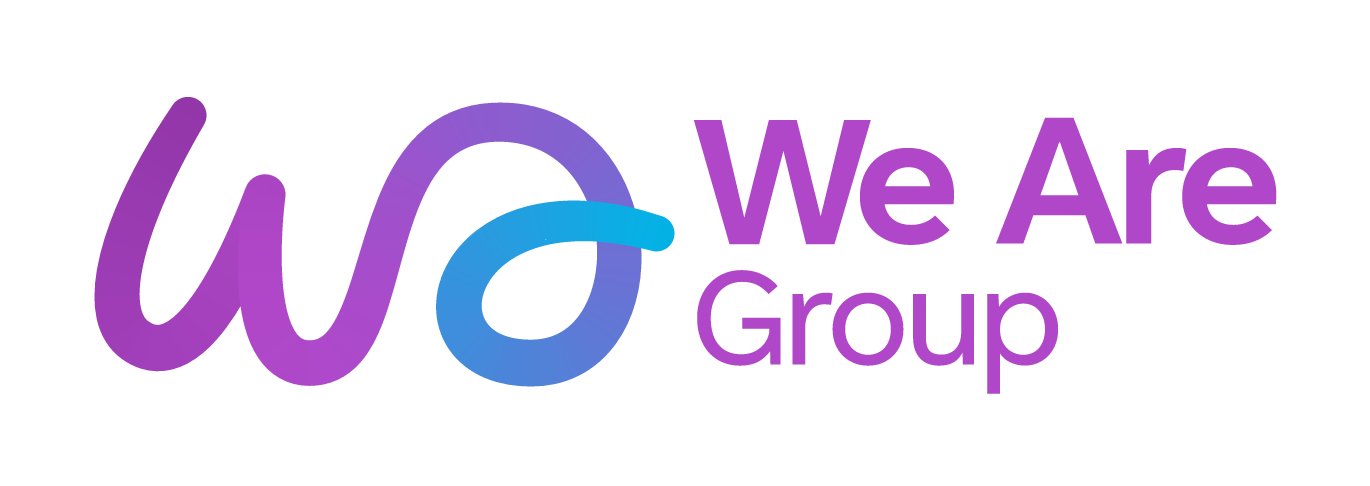At We Are Group, we are constantly seeking new ways to make a positive impact on the lives of those in need. Recently, we had the privilege of hosting Professor Ivo Vlaev, an esteemed expert in behavioural psychology from the University of Warwick, for a workshop on nudge theory. The workshop delved into the principles of nudge theory and gave us the opportunity to apply them to help our mission of supporting and empowering people in need.
Nudge theory, as described by Professor Vlaev, is a concept rooted in behavioural science that suggests subtle changes in the way choices are presented can significantly influence decision-making. It suggests that by making small, carefully designed adjustments, we can encourage people to make choices that are more beneficial for them.
By understanding this psychology behind decision-making, we can develop methods and produce materials that gently nudge people towards our programmes. This approach not only expands our reach but also ensures that those in need receive the support they deserve.
During the workshop, Professor Vlaev explained the MINDSPACE framework – an acronym that represents the nine principles of nudge theory.
Each letter in MINDSPACE stands for a different principle:
- Messenger: The choice of who delivers a message can influence how it is perceived.
- Incentives: People's behaviour can be influenced by rewards or penalties.
- Norms: People are influenced by what they perceive as social norms or what others are doing.
- Defaults: People tend to stick with the default option, so making certain options the default can influence behaviour.
- Salience: People are more likely to pay attention to and be influenced by things that are prominent or stand out.
- Priming: People's behaviour can be influenced by subtle cues or ideas that are presented to them.
- Affect: People's emotions can have a significant impact on their decision-making and behaviour.
- Commitments: People are more likely to follow through on commitments they have made.
- Ego: People's self-image and how they want to be perceived can influence their behaviour.
With the MINDSPACE framework, we aim to fine-tune our communication methods and optimise the presentation of our programmes across all user platforms. By enhancing user experience and boosting engagement, we aim to increase referrals and ensure that our users feel supported and empowered at every stage of their journey with us.
Sharing his excitement, our Referrals Manager, Arjun, said: “Professor Vlaev brought a new perspective to us and challenged our thinking around the behaviours of end users and how to use nudge theory to help people. I'm really excited to start using nudge theory to grow referrals.”
The knowledge we gained from Professor Vlaev also demonstrates our commitment to reaching more people and empowering them to lead better lives. Our Marketing Campaign Executive, Sofia, commented: “It really was a fantastic opportunity to gain insight into how we can better attract our target end user, and I look forward to implementing my new knowledge to generate even more interest in our programmes.”
The workshop was an insightful experience that proved the power of nudge theory and how it can be practically applied to our processes. We are excited to implement the MINDSPACE principles, and, learning from Professor Vlaev, we are confident that we can make a bigger impact and empower lives like never before.
Working together, we can create a ripple effect of positive change, empowering people one nudge at a time.



